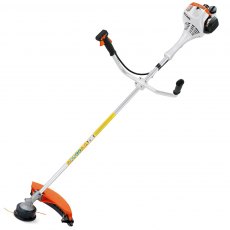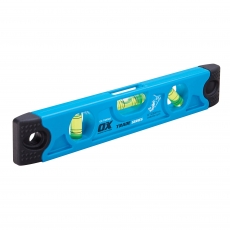Joiners' Essentials

Joinery is a skilled trade and covers all sorts of fine woodwork. Like the name suggests, joinery involves the practice of physically joining pieces of wood together using various techniques. A joiner might construct furniture or buildings. In fact, you’ll see a joiner’s work nearly everywhere you look in furniture, windows, doors and flooring.
Joiners design, create and install structures like staircases, windows, doors and furniture, working with timber to create a variety of structures integral to many buildings. You’ll need to learn about different types of wood and how to choose the right material for each job. You’ll need to understand technical drawings and conduct site surveys. You’ll need to (very accurately!) measure and cut wood according to technical plans, cutting with either hand tools or power tools.
We have the very best tools for budding joiners to get the job done. Having the right tools for planning, marking, clamping, cutting and joining will give you a professional finish in less time. That's why we stock high-quality tools from the leading brands that you know and trust, including DEWALT, Bosch, Kreg, Makita and Stanley.
What is the difference between a joiner and a carpenter?
Carpenters and joiners are both wood-based construction trades and both work with timber. However, they do have their own specialities. Joiners join pieces of wood together, usually within their workshop. A joiner will construct his pieces, such as doors, windows, stairs, and furniture, on a workbench in the workshop. Once they are completed, they will be passed to a carpenter who will use their carpentry skills to install them on site. Carpenters tend to install the items that the joiner has created and normally work on larger elements of construction like floors, roofs and wall frames.
Although there is obviously some crossover between the two and some tradesman categorise themselves as both joiners and carpenters, you may find joiners who can create exceptional custom-made staircases but wouldn’t install them and you might find carpenters that can fit you some window frames but couldn’t create the actual bespoke frame of the window. As there are many areas where joinery and carpentry overlap, there are lots of transferable skills between the two trades. Both joiners and carpenters will learn the same fundamentals of woodworking techniques in their training before choosing to specialise and become qualified as either a joiner, a carpenter or both.
READ NEXT: Best Jobsite Radios & Work Speakers
What are the specialties of a joiner?
- Problem solving — Joiners are creative people, with a good eye for design. They must be innovative and creative to find the most suitable solutions.
- Mental arithmetic — Joiners need to work out angles and measurements. They possess good math skills, including arithmetic, algebra, calculus and geometry.
- Physical stamina — Joinery involves a lot of physical activity, including lifting, cutting and joining of heavy materials and tools. Joiners need good physical fitness to withstand these activities.
- Attention to detail — To create well-built, safe structures that last, joiners need to make accurate measurements to avoid costly mistakes. They must also follow technical plans precisely.
- Team player — Joiners will often work alongside other tradesman, like architects, carpenters, plumbers and builders. They possess excellent communication skills to ensure that information about the project is passed on clearly and accurately.
Joiners Tools Checklist
Power Tools For Joiners
- Jigsaws
- Mitre saws
- Table saws
- Circular saws
- Angle grinders
- Combi drills
- Routers
- Planers
- Sanders
- Nail guns
- Multi-tools
Hand Tools For Joiners
- Spirit levels
- Tape measures
- Metal rules
- Marking out
- Clamps and vices
- Handsaws
- Hacksaws
- Knives
- Surform
- Hammers
- Screwdrivers
- Nail punches
- Wood chisels
- Ripping bars
Accessories For Joiners
Power Tools For Joiners
Power tools have the advantage of speed and scale. With the right blade, a powered saw can cut straight through nails, something that would be difficult with a regular saw. We stock a wide range of power tools designed to help you complete wood working tasks accurately and efficiently.
Jigsaws

Perfect for cutting curves and patterns, our wide range of jigsaws are brought to you from brands you trust.
Shop jigsawsMitre saw
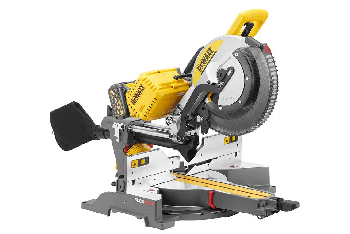
Ideal for quick, accurate crosscuts at a chosen angle, mitre saws are relatively compact and lightweight despite being bulky.
Shop mitre sawsTable saws
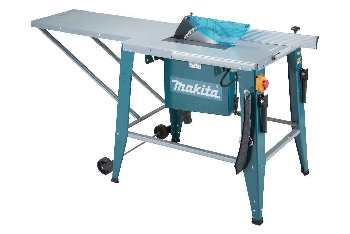
We stock an excellent range of high-quality table saws, perfect to rip, join, shape and slice. Find one that suits your needs.
Shop table sawsCircular saw
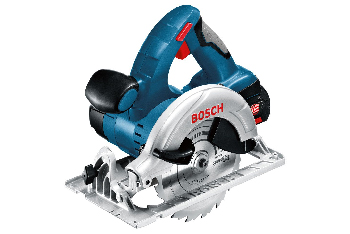
The circular saw is one of the most versatile power tools and can be used for a variety of tasks with a range of different blades.
Shop circular sawsAngle grinders
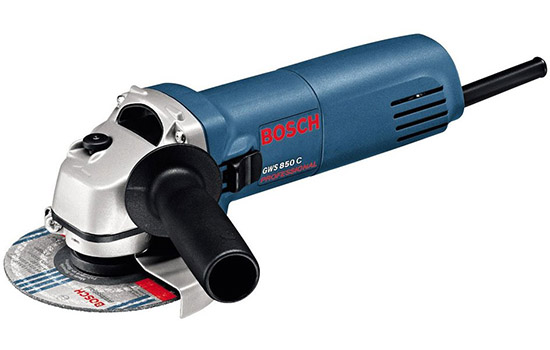
We stock a wide range of high-quality angle grinders, extremely useful for cutting, grinding and polishing.
Shop cordless grindersCombi drills
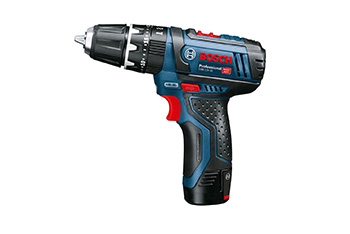
Drill holes and drive screws effortlessly with a cordless combi-drill that is interchangable, rechargeable and easy to use.
Shop combi-drillsRouters
Route or hollow out wood with a router. Look out for variable speed control and quiet motors.
Shop routers and trimmersPlaners
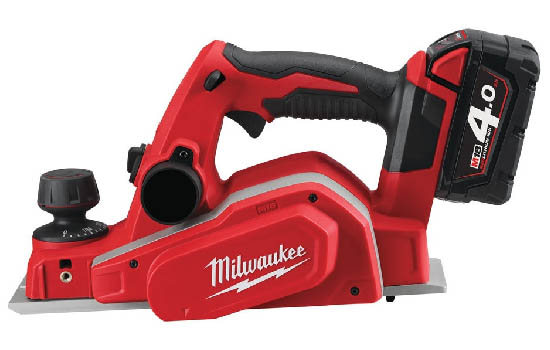
Flatten and reduce the thickness of a rough piece of timber with ease with an electric planer.
Shop cordless planersSanders
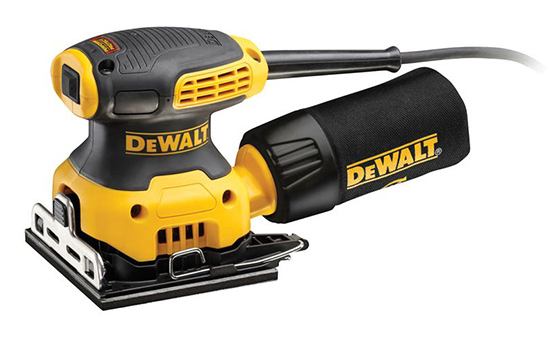
Our range of electric sanders are perfect for sanding in small spaces and tight corners. A must-have tool for any woodworker.
Shop sandersNail guns
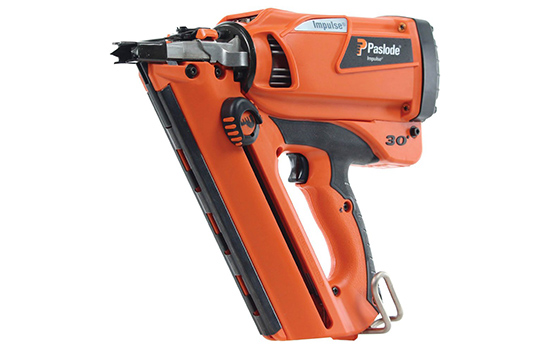
For driving nails into timber, the nail gun can dispense up to 200 nails per minute - a powerful tool that can increase your work rate tenfold.
Shop nail gunsMulti-tools
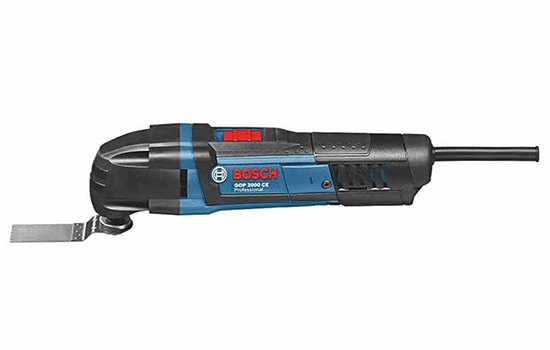
With its wide variety of applications and attachments, the oscillating multi-tool can cut, sand, buff, polish, grind, saw, rasp and even scrape.
Shop multi-toolsHand Tools For Joiners
Whilst power tools are great for extra oomph and saving time, sometimes the dexterity and precision of working by hand is the best. That's why we've sourced the very best hand tools from all the brands you know and trust, including Kreg, Stanley and Bosch.
Spirit levels
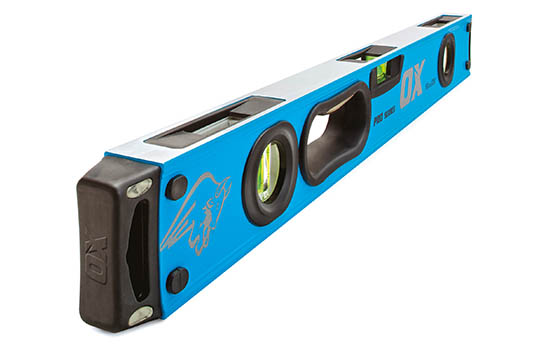
Whether you're aligning kitchen cupboards or putting up a shelf, ensuring things are perfectly level is critical.
Shop levelsMetal rules

For accurate measuring, our range of high-quality metal rules are useful to joiners and DIYers of all levels of ability.
Shop metal rulesMarking out
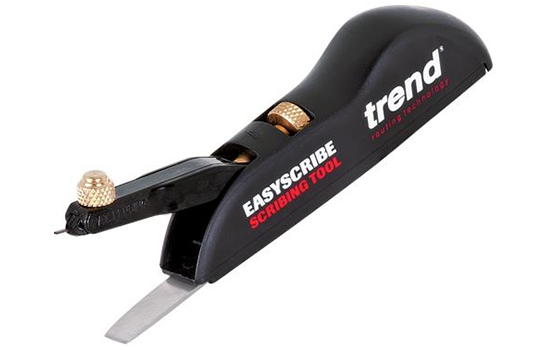
Accurately marking-out your work is crucial for a professional finish. We stock high-quality marking-out tools from the brands you trust.
Shop marking out toolsClamps & Vices
From bench clamps to bar clamps to face clamps, keeping your work piece completely still is crucial for precise, professional sawing.
Shop clamps and vicesHand saws
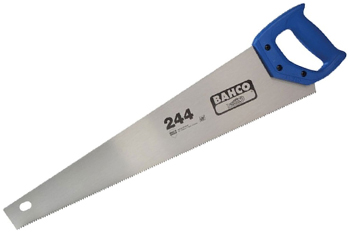
Simple and easy to use, a good-quality handsaw is a fundamental tool that allows you to feel the response from the wood in a way no power tool would.
Shop hand sawsHack saws
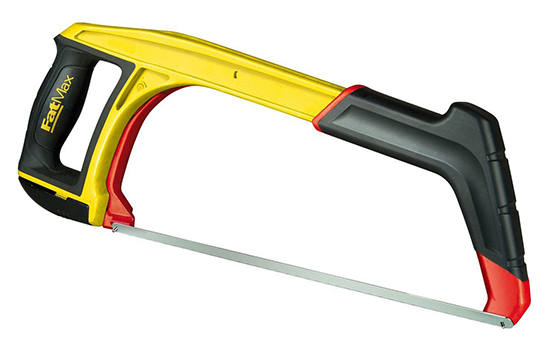
Durable and robust, the hack saw is another important tool. It can cut through almost anything and is useful for removing existing bolts and frames.
Shop hack sawsKnives
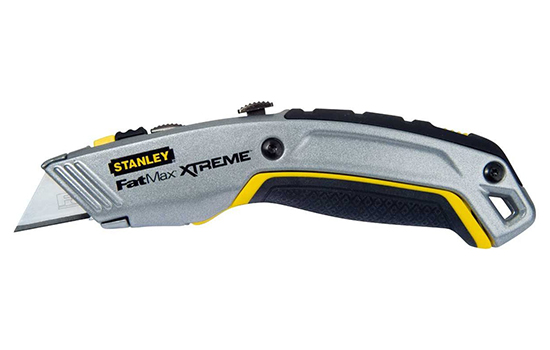
Whether you're scribing wood, cleaning out mortise joints or sharpening your pencil, a retractable trimming knife is one of the most useful tools you can own.
Shop knivesTape measures
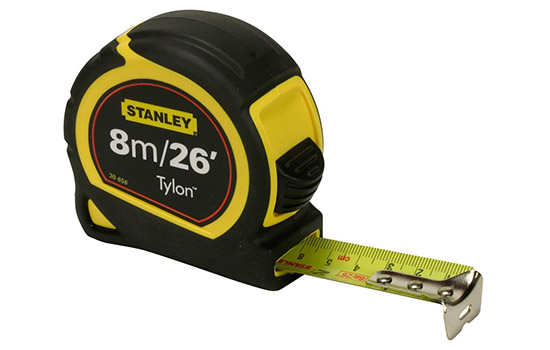
For work that is beautifully accurate, a trusty and reliable tape measure is an essential tool that will help avoid any costly mistakes.
Shop tape measuresSurform
Square your work, chamfer or soften those sharp edges; surform tools add many levels of versatility to your workpiece.
Shop chisel planes and surformHammers

With a heavy blunt end for striking and a claw end for prying and removing nails, the hammer is a staple in any joiner's tool set.
Shop hammersScrewdrivers
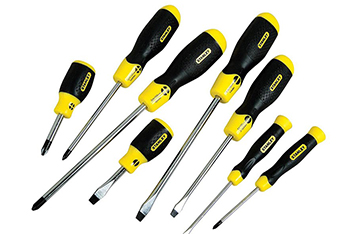
Not just for carpentry but for any trade, a good set of screwdrivers is a must for all tool collections!
Shop screwdriver setsNail punches
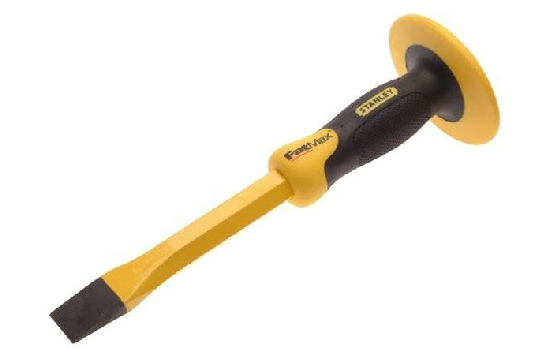
Available in a range of different sizes, nail punches drive nails flush with or just below the surface of a workpiece.
Shop nail punchesWood chisels
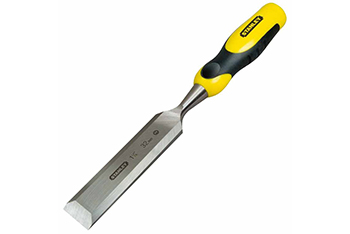
Wood chisels are essential for joiners for cleaning out joints and to neaten up saw cuts.
Shop wood chiselsRipping bars
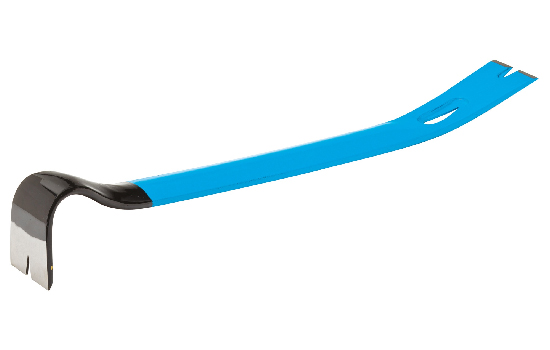
An absolute must-have tool for any joiner, a rippping bar can pry open pretty much anything with the right leverage.
Shop demolition toolsFrequently Asked Questions
What qualifications & experience do I need to do to become a joiner?
There are many ways to become a joiner. You could complete a college course or an apprenticeship or, if you have some experience, apply to an employer directly. Some of these options will require certain qualifications but many will just be looking for passionate and enthusiastic people who are willing to learn. Checkout courses at your local college to help you train as a joiner or you could complete an intermediate or advanced apprenticeship in joinery. If you have some basic experience, you could apply directly to an employer, starting out as an assistant and moving on to become a more experienced joiner as your abilities improve. You may need a CSCS card (Construction Skills Certification Scheme) to work on a construction site.
What information do joiners need before they starting building furniture?
It is important to have a plan before starting your furniture project. You’ll need to know all the dimensions, what kinds of fixtures you’re going to use and what kind of finish you want. Draw some sketches of what you want it to look like. Work out the cut list you'll need so that you know exactly how much timber to buy and what tools you’ll need to make those cuts. Choose your timber carefully — look for knots, bowing, cups and curves. You’ll want to avoid those or plan your cuts accordingly.
How long does it take for joiners to build wooden furniture?
The answer will depend on what you’re building, how large the item is, what wood you’ll be using, your level of expertise and the finish you plan to give your furniture. There are ways to reduce the build time — like buying some of the parts you need, rather than making them yourself.
When estimating how long a project might take, it helps to break down your project into phases, where you can also plan out your space and tool usage. Joinery projects can’t usually be completed in one go — you may need to work on it, leave it for a while (for glue or polish to dry, for example), then come back to it later, so it’s worth thinking about where your breakpoints will be.
The first phase is preparation which involves creating the design, planning the project, identifying the workpieces and calculating the amount of materials you’ll need, like timber, glue, tools and coatings. You may find it useful to have everything written up for reference before you start, so that you can refer to it while you work.
The second phase is milling. You’ll want to get each piece true and straight, plane any wood to the required thickness, saw down the timber to the correct size and shape to get the thicknesses you want.
Then you’ll start joining and gluing your pieces together. Thanks to the planning and preparation you have already done, you should have clean, gap-free, solid joints that fit together perfectly!
The fourth phase is sanding. Although this can be tedious task, the time and effort spent here will pay off in your finished project. Remember to work up through your grits.
Coating and finishing is usually the fifth stage. Allow enough time for your chosen finish to dry in between coats and ensure your workspace is clean and free from dust.
The final phase is assembly and set up! Be gentle when assembling and consider using hand screwdrivers rather than electric ones for final screw tightening.
Read More From ToolStore UK
How To Wall Mount A TV
Read MoreMakita vs Bosch Power Tools
Read More


